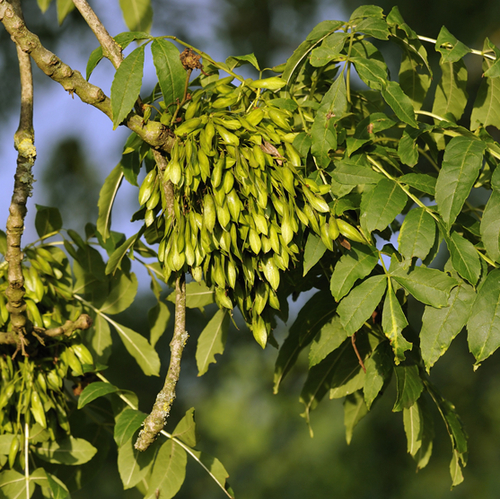
Background
People use ash for diabetes, arthritis, constipation, bladder problems, and many other conditions, but there is no good scientific evidence to support these uses.
Don't confuse ash with manna ash, northern prickly ash, or southern prickly ash.
Safety Safety definitions
Special Precautions & Warnings:
Pregnancy and breast-feeding: There isn't enough reliable information to know if ash is safe to use when pregnant or breast-feeding. Stay on the safe side and avoid use.Cross-allergies: Some people are allergic to chemicals in the pollen in ash. Since similar chemicals are found in other pollens, people allergic to other pollens might also be allergic to ash pollen.
Diabetes: Ash might affect blood sugar levels. Watch for signs of low blood sugar (hypoglycemia) and monitor your blood sugar carefully if you have diabetes and use ash.
Effectiveness
- Obesity. Taking ash extract doesn't seem to boost weight loss or improve blood sugar control in people who are already dieting. But it might help reduce fat by a small amount.
- Fever.
- Arthritis.
- Bladder problems.
- Constipation.
- Increasing urine production to relieve water retention (as a diuretic).
- Other conditions.
Dosing & administration
Interactions with pharmaceuticals
Medications for diabetes (Antidiabetes drugs)
Interaction Rating=Moderate Be cautious with this combination.
Ash might lower blood sugar. Diabetes medications are also used to lower blood sugar. Taking ash along with diabetes medications might cause blood sugar to go too low. Monitor your blood sugar closely. The dose of your diabetes medication might need to be changed.
Some medications used for diabetes include glimepiride (Amaryl), glyburide (DiaBeta, Glynase PresTab, Micronase), insulin, pioglitazone (Actos), rosiglitazone (Avandia), chlorpropamide (Diabinese), glipizide (Glucotrol), tolbutamide (Orinase), and others.
Medications for high blood pressure (Antihypertensive drugs)
Interaction Rating=Moderate Be cautious with this combination.
Ash might lower blood pressure. Using ash with drugs that lower blood pressure might increase the effects of these drugs and lower blood pressure too much.
Some medications for high blood pressure include captopril (Capoten), enalapril (Vasotec), losartan (Cozaar), valsartan (Diovan), diltiazem (Cardizem), amlodipine (Norvasc), hydrochlorothiazide (HydroDIURIL), furosemide (Lasix), and many others.
Interactions with herbs & supplements
Herbs and supplements that might lower blood sugar: Ash might lower blood sugar. There is some concern that using ash along with other herbs that have this same effect might lower blood sugar too much. Herbs that might lower blood sugar include alpha-lipoic acid, devil's claw, fenugreek, garlic, guar gum, horse chestnut, Panax ginseng, psyllium, and Siberian ginseng.




